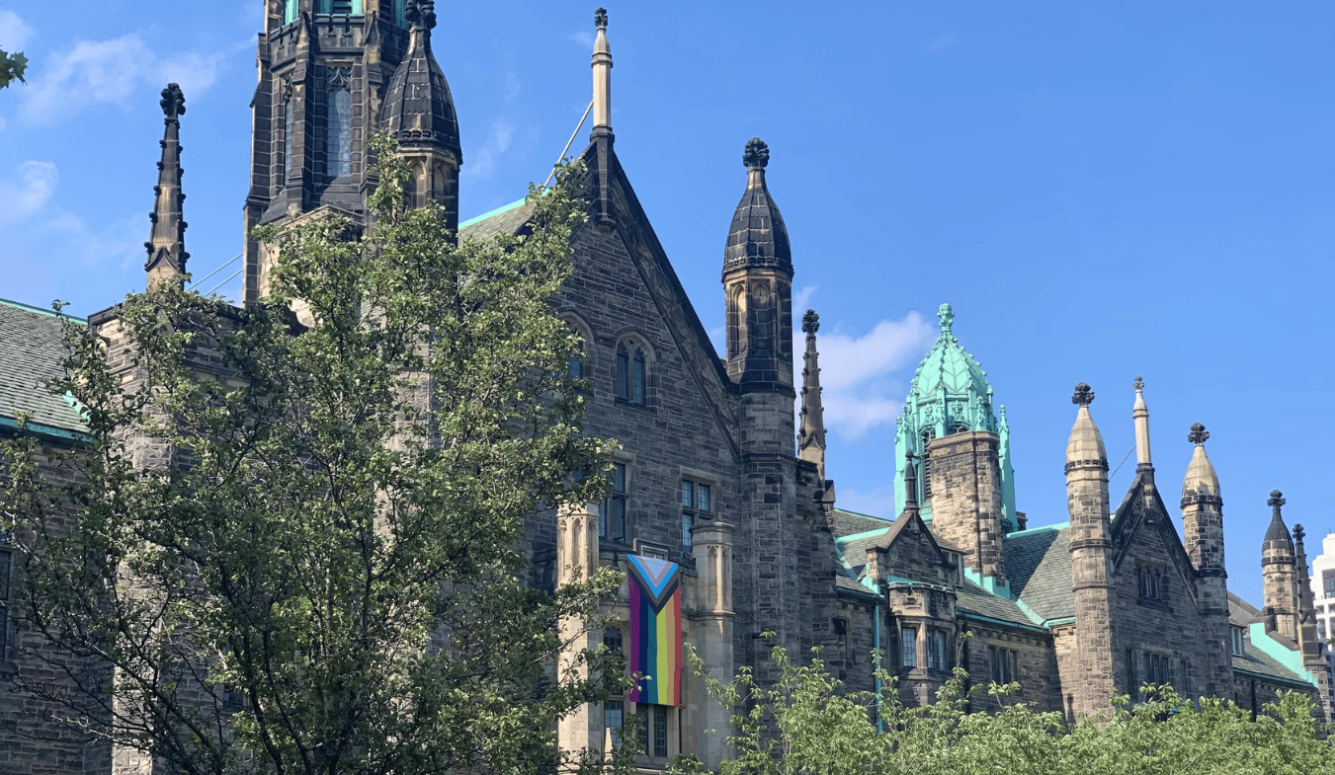Higher Education
Investigating the Academy
In a recent speech to University of Toronto scholars, a Quillette editor explained why many of his fellow journalists are reluctant to report on administrative scandals at Canadian universities.

The essay that follows is adapted from remarks delivered by the author to the 19th Annual Senior College Symposium at the University of Toronto Faculty Club on April 17, 2024.
I’ve worn a lot of different hats during my years as a journalist. I never planned or expected to be a managing editor at a newspaper, or a magazine editor, or a podcaster. It all happened more or less by chance.
My main writing role at Quillette, as an investigative reporter focusing largely on scandals in higher education, is a case in point. I never set out to be an investigative reporter, let alone a specialist in stories about universities. It just happened by accident when sources started coming to me with stories that no one else was investigating.
Since joining Quillette in 2017, I’ve worked on dozens of investigative stories about ideological radicalization on campuses, both as a writer and as an editor. Since I don’t have time to discuss them all, I will focus on one particularly interesting case study involving McMaster University in Hamilton, Ontario.





